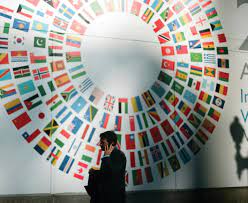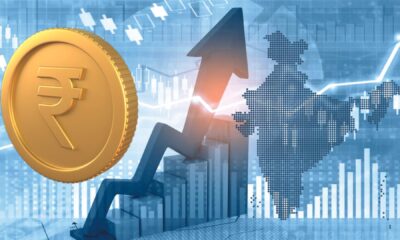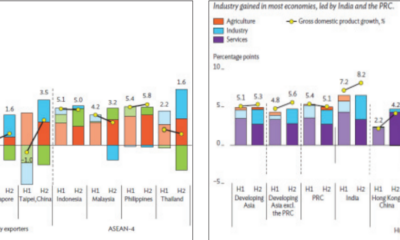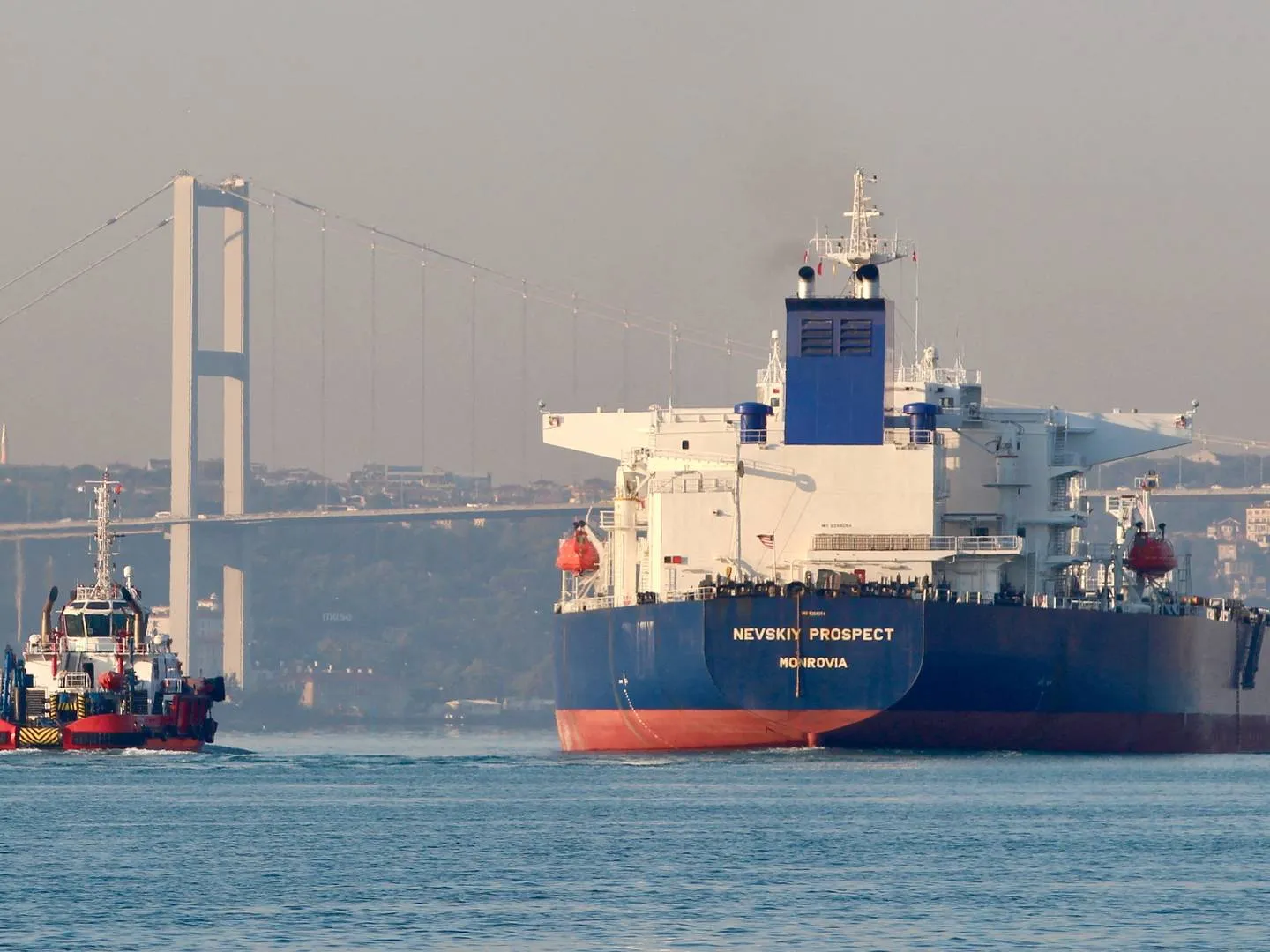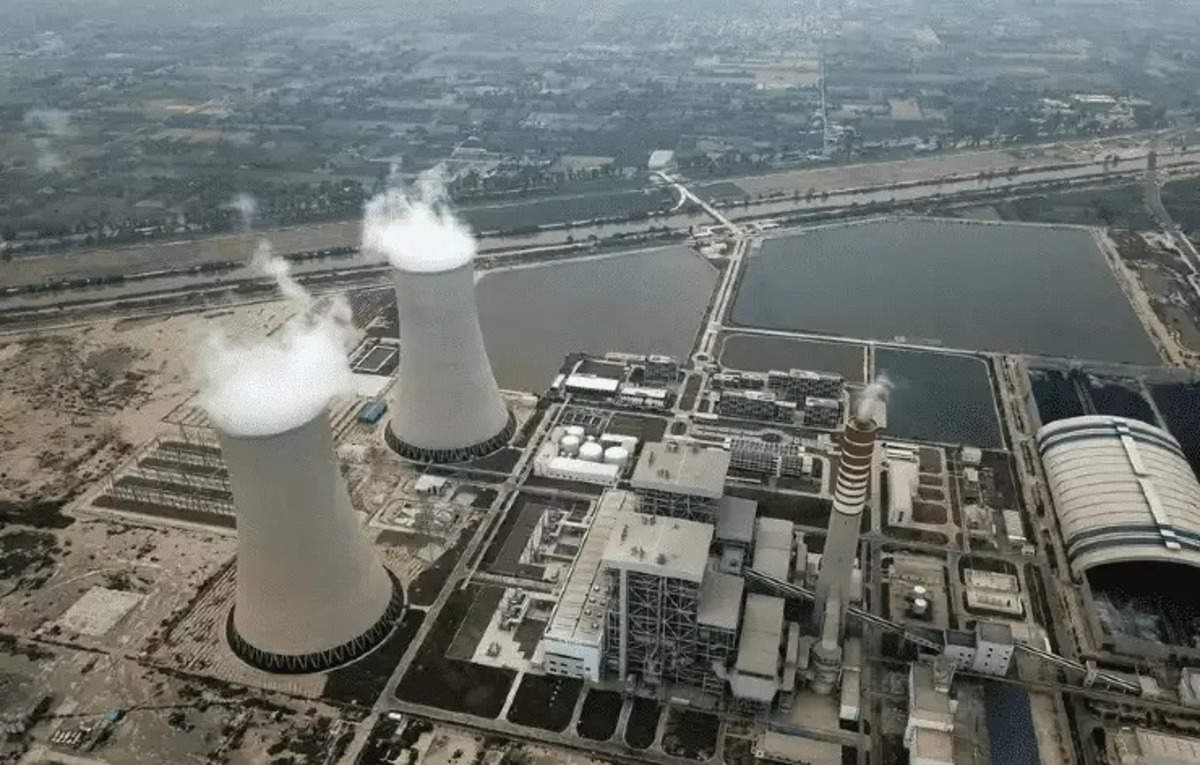With increasing dependence on Chinese industrial goods like telecom, machinery, and electronics, Beijing’s share in New Delhi’s imports of such goods rose to 30 per cent from 21 per cent in the last 15 years, according to a report by the economic think tank Global Trade Research Initiative (GTRI). The growing trade deficit with China is a cause of concern, and the strategic implications of this dependency are profound, affecting not only economic but also national security dimensions.
From 2019 to 2024, India’s exports to China have stagnated at around $16 billion annually, while imports from China surged from $70.3 billion in 2018-19 to over $101 billion in 2023-24, resulting in a cumulative trade deficit exceeding $387 billion over five years.
The Indian government and industries must evaluate and potentially recalibrate their import strategies, fostering more diversified and resilient supply chains, GTRI founder Ajay Srivastava said. This is imperative not only to mitigate economic risks but also to bolster domestic industries and reduce dependency on single-country imports, especially from a geopolitical competitor like China, he added.
“Over the last 15 years, China’s share in India’s industrial product imports has increased significantly, from 21 per cent to 30 per cent. This growth in imports from China has been much faster than India’s overall import growth, with China’s exports to India growing 2.3 times faster than India’s total imports from all other countries,” the report said.
In 2023-24, India’s total merchandise imports amounted to $677.2 billion, with $101.8 billion of that coming from China. This means China accounted for 15 per cent of India’s total imports. Out of these imports from China, $100 billion or 98.5 per cent were in major industrial product categories.
“When compared to India’s global imports of these industrial products, which total $337 billion, China’s contribution is quite significant, representing 30 per cent of India’s imports in this sector. Fifteen years ago, China’s share was just 21 per cent,” it added.
The key sectors where New Delhi’s dependence is rising significantly include electronics, telecom and electrical; machinery; chemicals and pharmaceuticals; products of iron, steel and base metal; plastics; textiles and clothing; automobiles; medical, leather, paper, glass, ships, aircraft, and remaining categories.
During April-January 2023-24, the electronics, telecom, and electrical products sectors had the highest import value at $67.8 billion, with China contributing $26.1 billion. “This represents a substantial 38.4 per cent of the total imports in this category, indicating a heavy dependence on Chinese electronic goods and components,” it said.
In the machinery sector, China accounts for $19 billion, which is 39.6 per cent of India’s imports in the sector. This underscores China’s key role as a supplier of machinery to India, Srivastava said.
India’s chemical and pharmaceutical imports during the period stood at $54.1 billion. Out of this, $15.8 billion came from China. This resulted in a Chinese share of 29.2 per cent, highlighting the importance of Chinese chemical and pharmaceutical products in India.
Similarly, the report said the total imports for plastics and related articles stand at $18.5 billion, with China providing articles worth $4.8 billion. This accounts for 25.8 per cent of the total imports in this sector.
Srivastava also said that half of the imports from China consist of capital goods and machinery, indicating a critical need for focused research and development in this area. Intermediate goods like organic chemicals, APIs (Active Pharmaceutical Ingredients), and plastics, which represent 37 per cent of imports, show a pressing need for upgrading these industries, he said, adding that consumer goods make up 12 per cent of the imports, while raw materials are less than 1 per cent.
The report added that many products imported from China, such as textiles, apparel, glassware, furniture, paper, shoes, and toys, are from categories dominated by micro, small, and medium enterprises (MSMEs), and most of these items could potentially be produced domestically.
“Overall, India imports a broad array of products from China, from high to low technology items, highlighting significant gaps in India’s industrial capabilities across various sectors,” it added.
Chinese companies are involved in India’s energy, telecommunications, and transportation sectors, and they play critical roles in smartphones, electronics, electric and passenger vehicles, solar energy, engineering projects, and many other sectors, it said.
The report said that so far, imports were carried out by Indian firms but now with the entry of Chinese firms into the Indian market, India’s industrial product imports are set to rise at an accelerated pace.
“As the Chinese firms operating in India will prefer sourcing most requirements from their parent firms, Indian imports will rise sharply. For example, in the next few years, every third electric vehicle (EV) and many passenger and commercial vehicles on Indian roads could be those made by Chinese firms in India alone or through joint ventures with Indian firms,” the report said.
The large-scale entry of Chinese automakers into India will impact the domestic auto/EV manufacturers, firms working in the EV value chain space and battery development, it added.
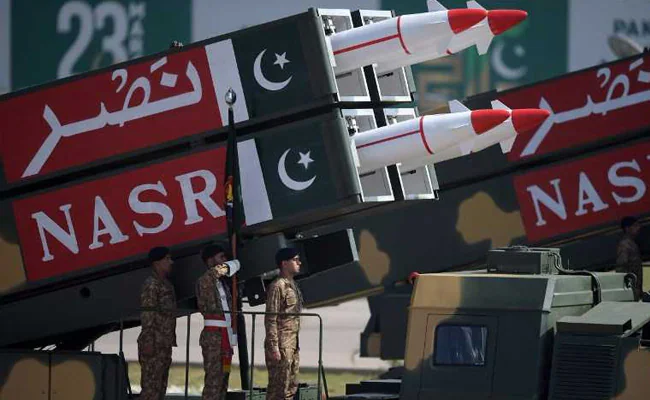

 Opinion2 years ago
Opinion2 years ago
 Fashion7 years ago
Fashion7 years ago
 Entertainment7 years ago
Entertainment7 years ago
 Entertainment7 years ago
Entertainment7 years ago
 Opinion2 years ago
Opinion2 years ago
 Business News2 years ago
Business News2 years ago
 Policy&Politics2 years ago
Policy&Politics2 years ago
 Business News2 years ago
Business News2 years ago




